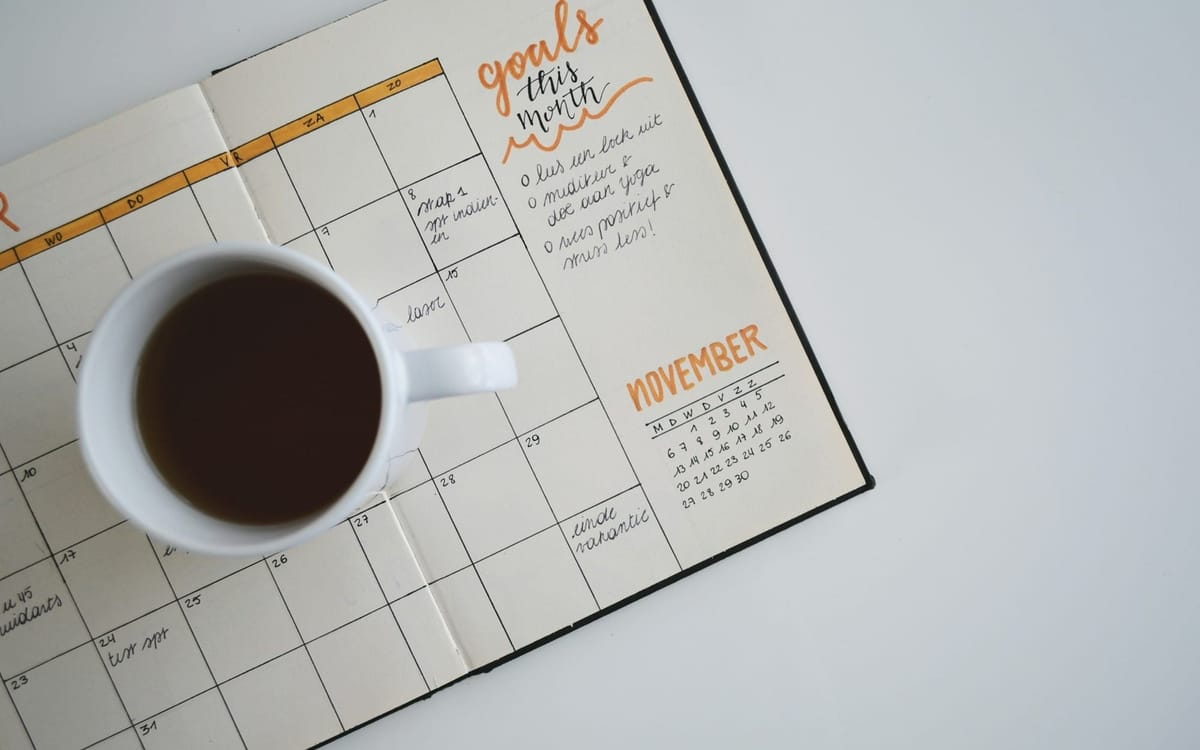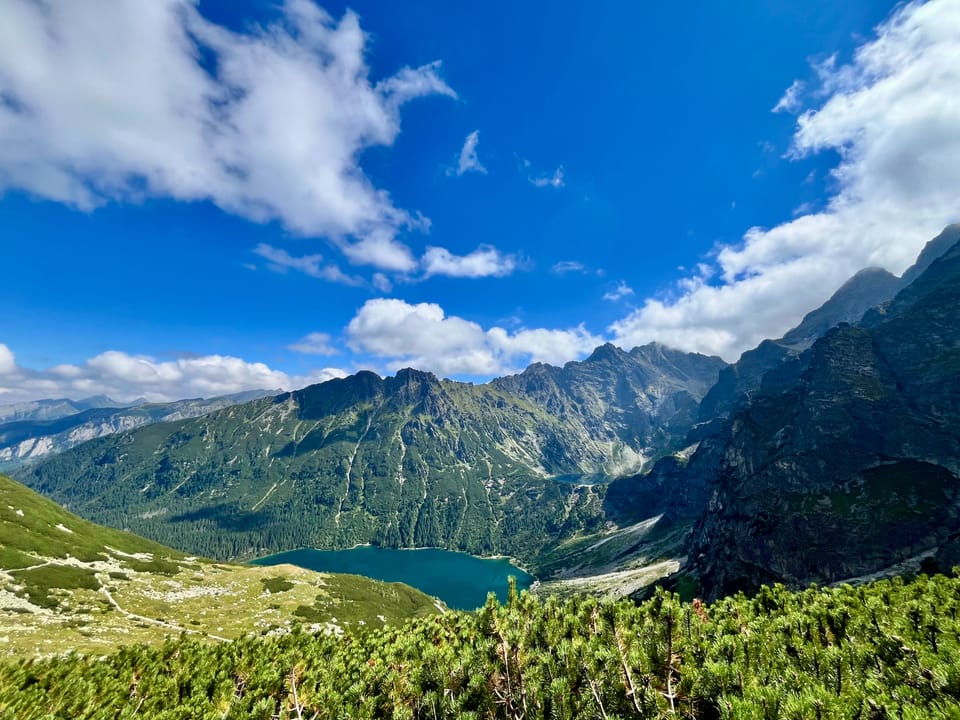Week 17 | Summary 🟥+✌️
This week taught me valuable lessons in both training and mindset. After a challenging competition attempt, I realised the importance of rest and quality sleep before pushing for max dives. Focused on refining my technique, I discovered a smoother arm-leg rhythm and gained fresh motivation.

This week didn’t exactly start on the highest note. Physically, I was feeling good but my body was definitely tired from the intensity of week 16, where I set a new static apnea (STA) personal best of 06:00 and tried (but didn’t succeed) a 123m DNF (no fins) dive. The failed dive was due to a slipped neckweight, which was frustrating, but also a reminder that in freediving, sometimes the smallest things can make the biggest difference.
I also took a deeper look at my sleep patterns, and it seems that lack of quality sleep is becoming a theme. It's impacting my training efficiency more than I realized. Sleep, or the lack of it, has a much larger effect on performance than most people give credit for, and I'm no exception.
Still, I decided to push ahead and entered a competition – a big decision since I hadn't competed in a while. I generally feel I make better progress when I'm solely focused on my training, but I thought a competition could give me a good reference point for how far I've come.
On competition day, I felt okay, but had woken up at 5am with less than 6 hours of sleep, which isn't ideal. Despite that, I declared a 100m dive and set out with a plan: if I felt good at 100m, I would keep going. However, when I pulled the noseclip at 100m, I decided to swim further – to 116m – before I ultimately failed the dive.
Looking back, the failure wasn’t a huge setback. If anything, it was a valuable learning experience. The biggest lesson here: Before attempting a maximal dive or stepping into a competition, I need at least three full days of rest, without demanding training. I also need to ensure my sleep quality is optimal. If these conditions aren’t met, I should stick with the declared distance and accept that finishing on a known, comfortable dive is a victory in itself. It’s better to finish fresh and feeling good than to push too far and fail.
Later in the week, my training continued to be tough but rewarding. I shifted my focus to refining technique. I spent time testing my glide efficiency, working on my leg kicks, and my arm strokes. As I pushed for longer distances, I realised something interesting: I was able to perform 25m on 1.5 moves with relatively low effort. I decided to experiment with a new arm-leg rhythm, switching from my usual “arms, legs, arms, legs” pattern to “legs, legs, arms, legs.”
To my surprise, this new pattern felt much smoother. My leg kicks became less powerful but more efficient, and the initial glide gave me a better position to swim with less effort. The transition was seamless, and I felt a new sense of relaxation during the dive – a pleasant surprise that made the training very enjoyable.
This week was challenging, to say the least, but it also ended on a high note. The lessons I learned and the progress I made with my technique provided a much-needed motivation boost. In freediving, it’s not just about pushing your limits; it’s about learning to listen to your body and adapting when necessary. The combination of solid technique and smart decision-making is what will carry me further, both in training and competition.
Here's to the next week of training – more lessons, more progress, and hopefully a bit more sleep.
Trainings summary
These are my trainings - a blend of structured routines and personal adaptations. If you’re curious about the specifics of each drill type and want tips on how to incorporate them into your own practice, stay tuned for my upcoming posts. There’s much more to share!




